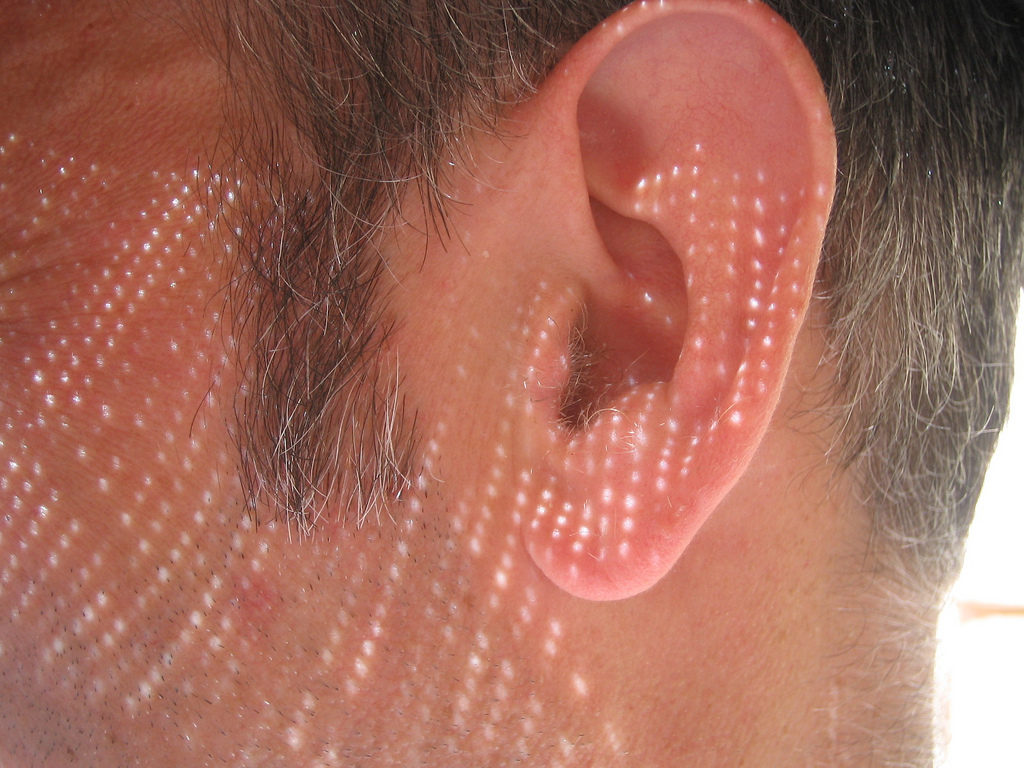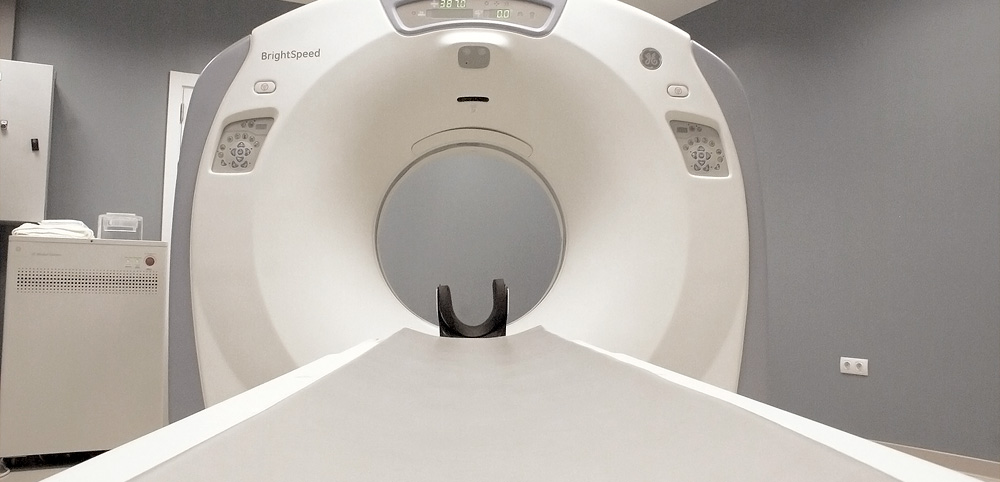Sudden deafness, also known as sudden sensorineural hearing loss (SSNHL) is the sudden and unexplained loss of hearing. It generally affects only one ear, and any delay in receiving a diagnosis and medical care can make treatment less effective.
Symptoms of sudden deafness
The symptoms of sudden deafness occur suddenly and without apparent cause, predominantly affecting only one ear.
Some sufferers describe experiencing pressure or a feeling of having “cotton wool” in their ear. Approximately one in 5,000 people in the world suffer sudden deafness every year, typically adults between the ages of 40 and 59. In 70% of cases, patients also suffer tinnitus, and almost half experience vertigo. Additionally, noise and sounds become muffled or distorted and are perceived differently in each ear.

Photo credit: Simon James
The most common causes of sudden deafness
The causes of sudden deafness are difficult to determine, and are only successfully identified in 15% of cases. According to the Instituto Nacional de la Sordera y Otros Trastornos de la Comunicación, (National Institute on Deafness and Other Communication Disorders – NIDCD), the most common causes are:
- Infectious diseases
- Head trauma such as a broken skull or a severe concussion
- Autoimmune diseases such as Cogan’s syndrome
- Ototoxic drugs (medication that harms the sensory cells in the inner ear)
- Blood circulation problems
- A tumor on the nerve that connects the ear to the brain
- Neurological diseases and disorders such as multiple sclerosis
- Inner ear disorders such as Ménière’s disease

Photo credit: centroaudicion
How is sudden deafness diagnosed and treated?
Firstly, the ENT specialist will ask the patient to describe their symptoms and discuss their medical history. Then, they will carry out a physical examination to try to determine the possible cause of the sudden deafness. The specialist will also confirm if the hearing loss affects one ear or both.
To diagnose sudden deafness, a pure-tone audiometry hearing test will be carried out. This consists in identifying if the hearing loss is due to an obstruction in the ear or to sensorineural impairment, meaning that the ear fails to process sounds correctly.
Tests with a tuning fork or speech testing help the medical specialist to assess the magnitude of the hearing impairment and ascertain the degree of hearing loss.
If sudden deafness is diagnosed, the specialist is likely to request further tests to determine the cause. This may include blood tests, a computerised tomography (CT) scan and balance tests.

Photo credit: cediv
Treating sudden deafness
The most common treatment for sudden deafness of unknown origin is the prescription of corticosteroids to reduce inflammation. Used to improve several different disorders, corticosteroids were traditionally prescribed in tablet form, but in recent years have been injected directly behind the ear drum into the middle ear in what is known as intratympanic steroid therapy. If, however, the hearing issue is due to an infection, the specialist may prescribe additional medication such as an antibiotic.
Another option is H.E.L.P. (heparin-induced extracorporeal LDL precipitation), a blood-filtering treatment that removes haemostatic compounds that hinder blood flow in the inner ear and to help boost circulation.
Now that you know all about the symptoms and causes of sudden deafness, as well as how it is treated, we recommend you visit your medical specialist if you suspect you may be suffering this type of disorder.

Leave a Reply